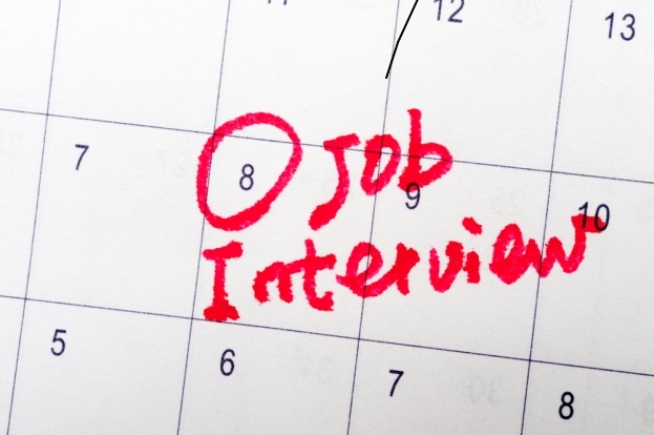Is 2014 going to be the year you finally land your dream job? With budgets evaluated and annual goals set, many employers are ready to welcome a crop of new team members to start the year off right. If you want to get a jump on the competition and wow the hiring managers at your next job interview, follow these six resume and interviewing tips from career experts:
Have a stand-out resume
All job seekers know that impressive qualifications on their resumes will help them stand out to a hiring manager. But a plain Word document listing your key accomplishments may no longer be enough to catch an employer's eye.
“These days, the appearance of a resume is as important as the content, especially for those applying for creative roles,” said Diane Domeyer, executive director of The Creative Group staffing firm. “Employers want to get a sense of not only a person's skills, but also his or her attention to detail and level of creativity.” [11 Résumé Myths Busted]
Never be “unemployed”
Conventional job-seeking wisdom says to avoid employment gaps on your resume. Candidates often forget that not currently having a full-time position doesn't mean they have to look unemployed on paper. Freelancing, volunteer work and one-time projects related to your field all count as valid work experience. Even unrelated part-time retail jobs can be great for filling in resume gaps.
“Unemployed job seekers should find something productive to do while job searching,” said Abby Kohut, president of career advice website AbsolutelyAbby.com. “For example, they can volunteer for a charity or nonprofit, or ask networking contacts to hire them for a small project. Some job seekers freelance, while others choose to work at their local supermarket or retail store. Aside from providing income, these jobs can generate networking opportunities, which can be helpful in searching for full-time work.”
Be honest
Many individuals have pieces of their work history that they're not particularly proud of, but need to keep on their resumes for employment continuity. If an employer asks you about a previous job in which you had a less than positive experience, the worst thing you can do is lie about it or avoid the subject.
“When a candidate comes in for a job interview, the first thing I look for is honesty,” said Ted Karkus, CEO of ProPhase Labs. “A good interviewer can tell very quickly whether or not you are honest about your past history and your interest level in the position. I am much more likely to hire a candidate who was honest about a blemish on his resume than one who tried to cover it up.”
Prepare for situational questions
The old standby questions you're told to prepare for such as, “Tell me about yourself” or “What is your greatest weakness?” may make an appearance in your job interviews. But hiring managers are increasingly turning to unique behavioral or situational questions to which a candidate can't simply provide a canned response.
“The interviewer provides a potential scenario and asks how the person would react,” Kohut explained. “Although job seekers can practice these kinds of questions, a strong interviewer can come up with different ways to ask them so they can glean more information about the candidate.”
Show your personality
While it's probably not the best idea to act overly familiar or joke with potential employers upon your first meeting, a little bit ofpersonality during the interview can go a long way.
“During interviews, it's becoming more and more important to be yourself and show some personality,” Domeyer told BusinessNewsDaily. “In addition to hearing about your key accomplishments and skills, employers want to know if you will be a good fit with the corporate culture and existing team.”
Read more: 6 Interview Tips and Tricks for 2014




